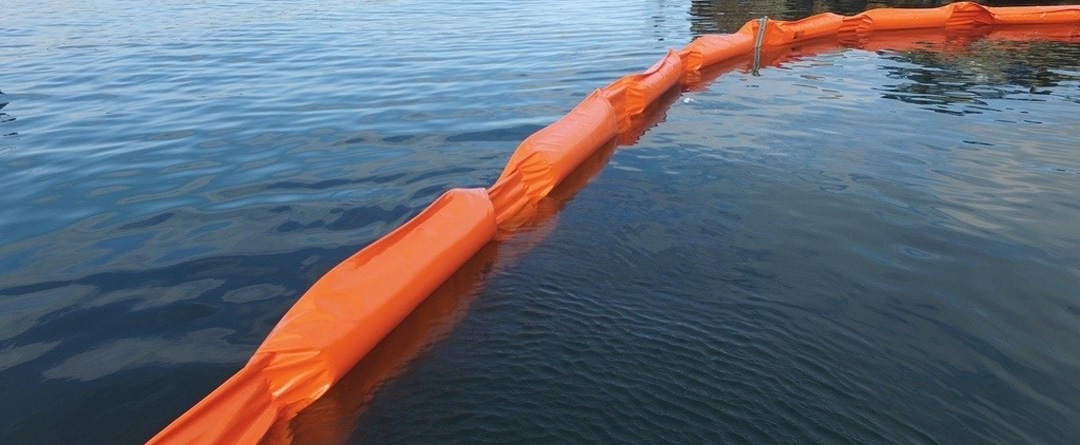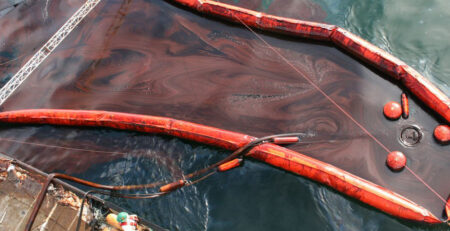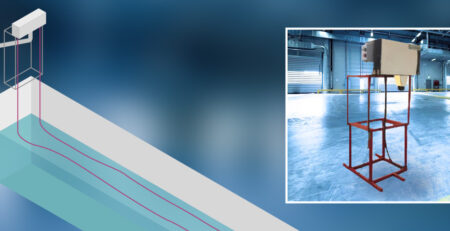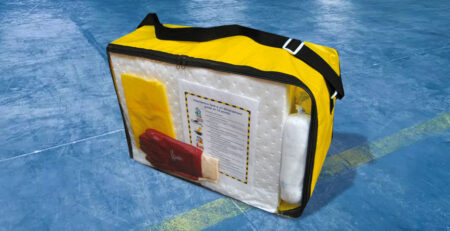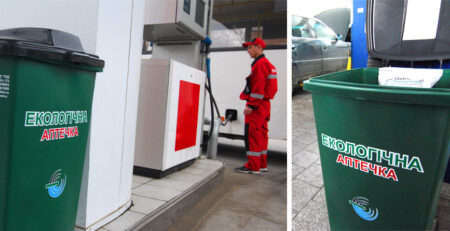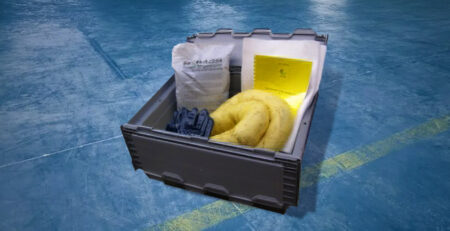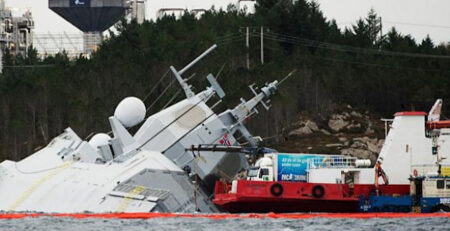When a spillage occurs you ned to access
Fuel spillages are inherently problematic, presenting several immediate risks to their surrounding environment and its inhabitants, whether people or wildlife. Fuel can become an environmental hazard if it spills near waterways or drainage systems and poses a significant slipping risk for individuals nearby or, worse, moving vehicles.
For these reasons, oil spill response must proceed extremely quickly and decisively in the event of a fuel spill. As Econad’s experts in fuel spill prevention devices, we have significant experience in this area – and here are the key steps to take.
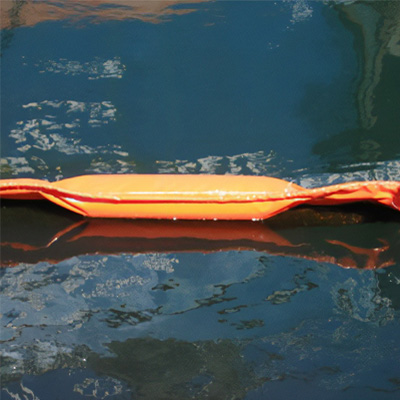
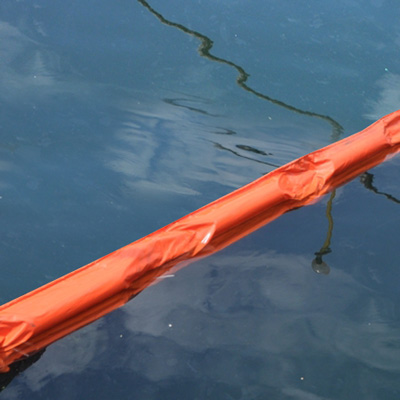
- Stop the Fuel from Leaking at the Source. If the fuel is leaking continuously from a tank or pipe, your first priority should be to shut off the valve immediately. If the valve isn’t functioning properly or is broken, you may have to use brute force—however, this is at your own risk and discretion! If oil products have leaked on the water surface, then oil spill containment booms will help you.
- Evacuate the Area. If the fuel spillage occurs in a residential, commercial, or high-traffic area, ensure the area is evacuated immediately. Fuel is highly flammable, so it’s crucial to keep people away until the spill is cleaned up to avoid any risk of harm. If possible, create an unofficial cordon with whatever you have on hand. Or install floating booms on the water.
- Notify the Relevant Authorities. For particularly large spills or those in public places, especially roadside, contact the relevant authorities such as the fire service or police and explain the situation. They will dispatch units to help manage the problem and provide specific guidance. In addition, they can help establish an official cordon with proper markings and can help install oil containment booms or apply sorbents, depending on the location of the spill.
- Contain the Spill. It’s important to contain the spill as much as possible to prevent it from spreading. If you run a commercial business, you likely have absorbent materials on hand to deal with such situations. But the top product in this area are oil spill booms containment.
- Clean Up the Spill Once the fuel spill is contained, the next priority is to clean it up promptly and effectively to minimize further issues. Depending on the size of the spill, you may need to hire a specialist cleaning service for private premises, as they are licensed waste carriers capable of safely disposing of large quantities of fuel. If the spill occurs in a public place, such as a motorway, the local council may ask you to contribute to the cleanup costs if the spill originated from one of your vehicles.

